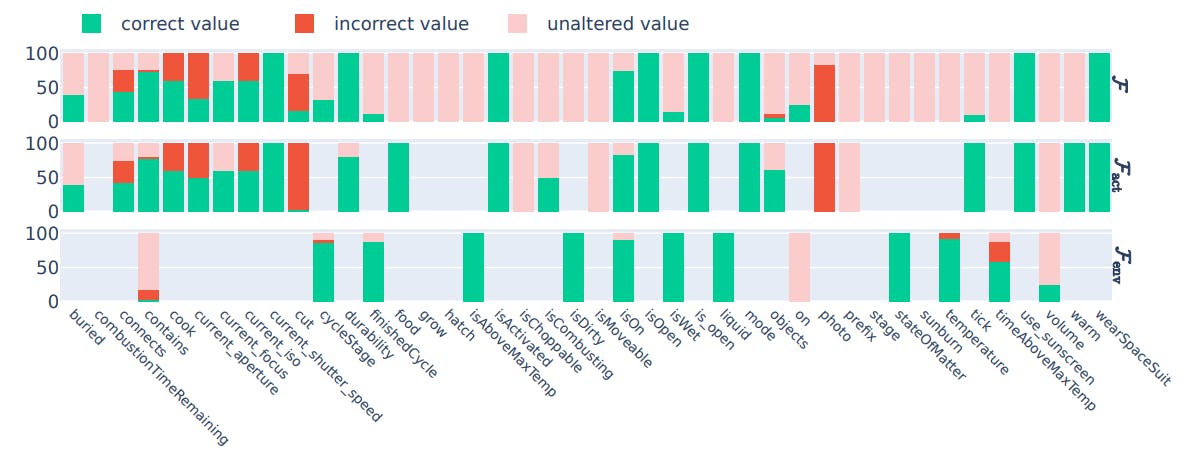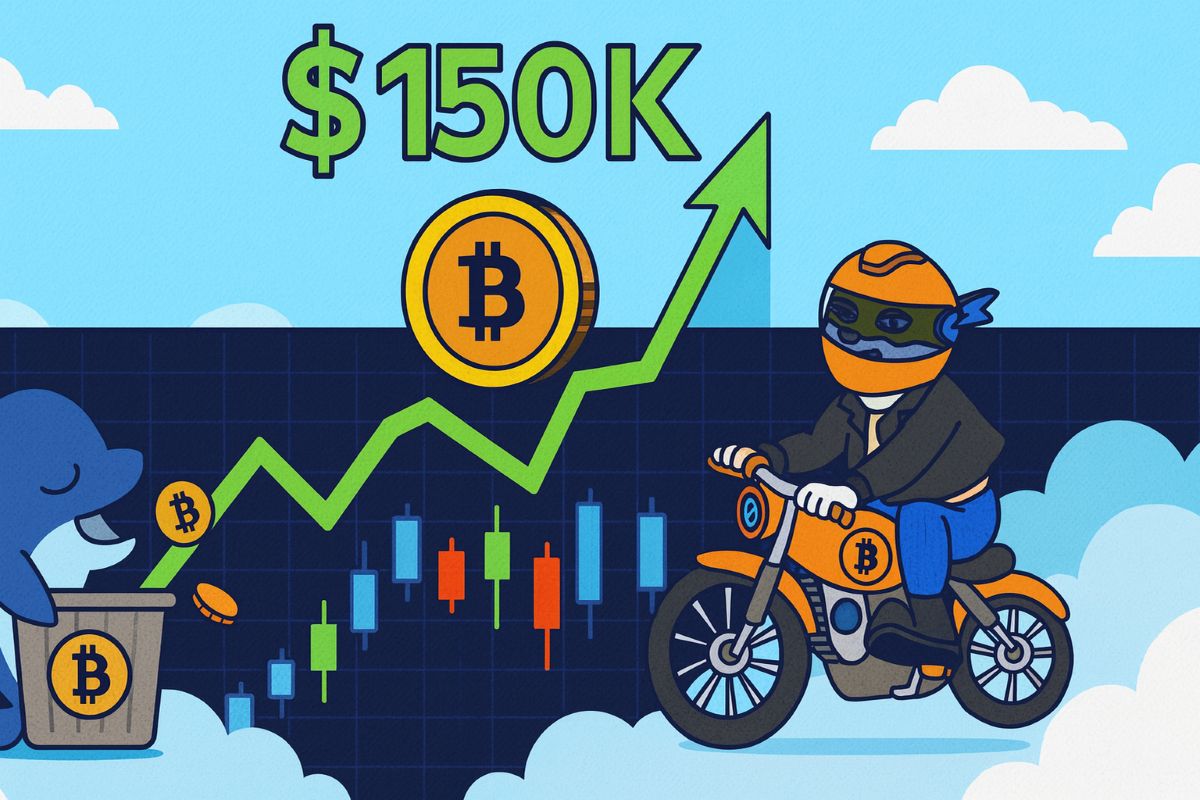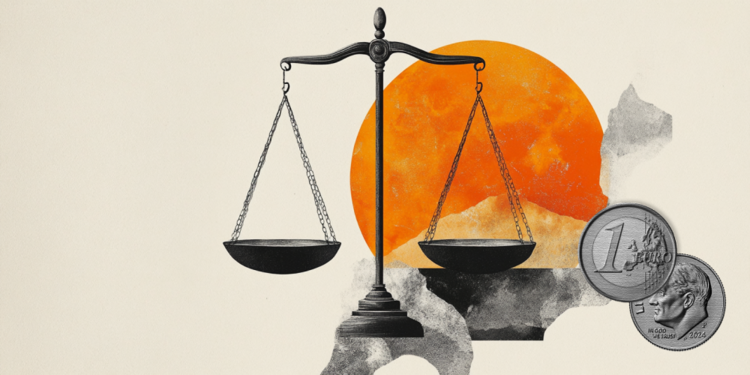Tesla Faces Investor Pushback Over Elon Musk’s $1 Trillion Pay Deal
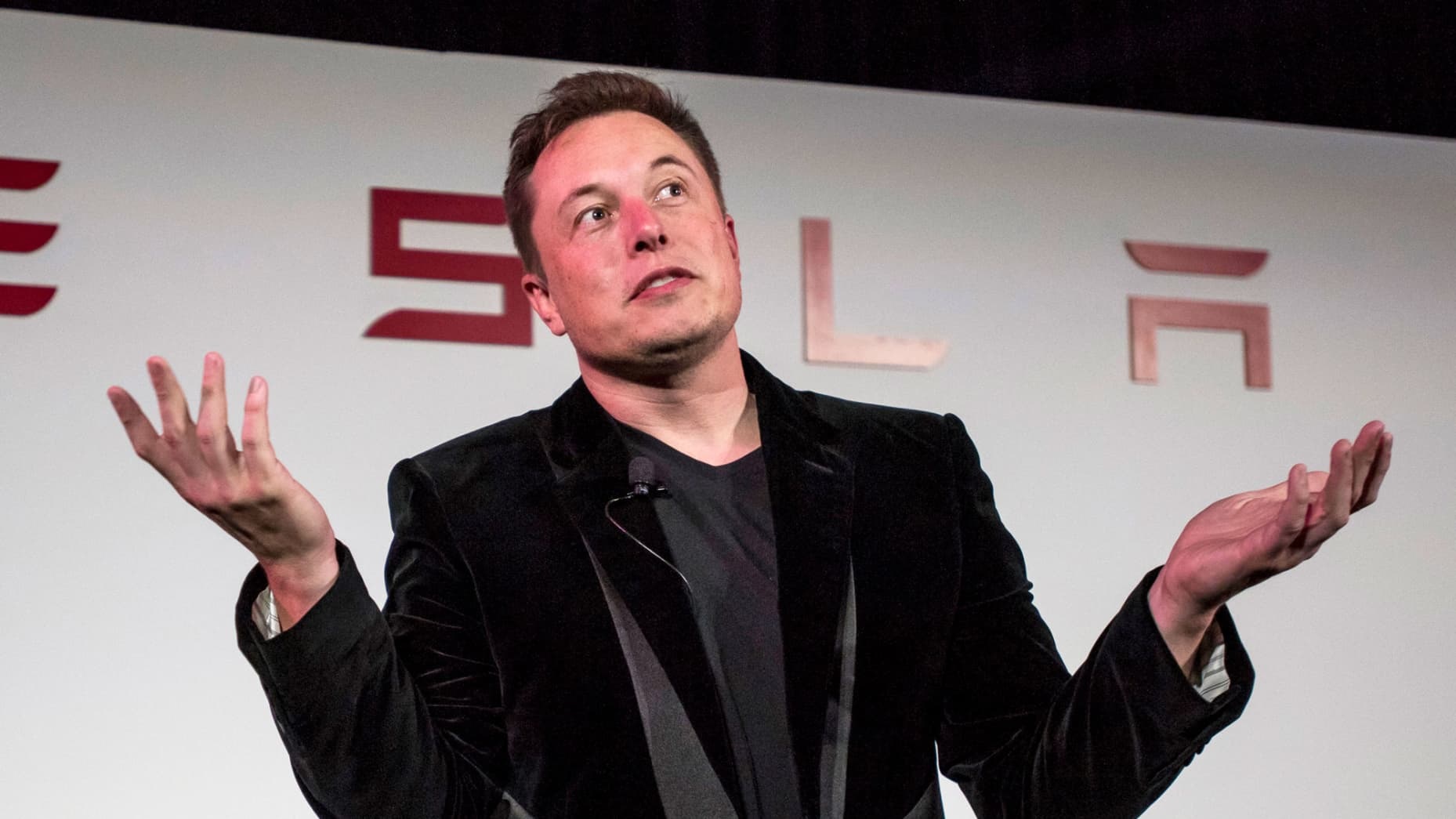
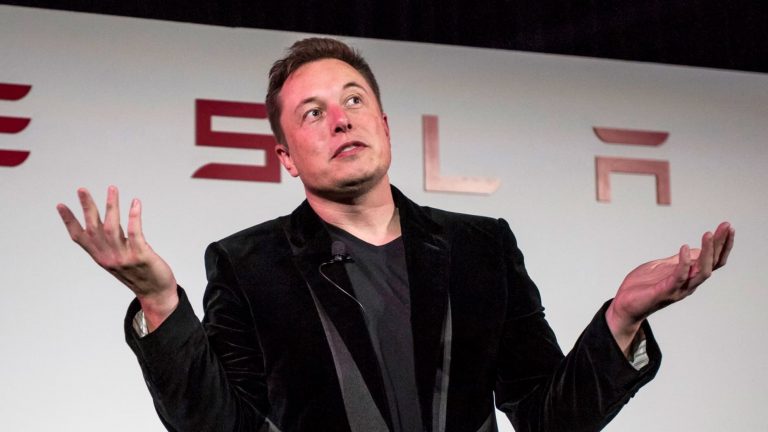
Tesla’s upcoming shareholder vote on CEO Elon Musk’s proposed $1 trillion compensation plan is drawing intense opposition, setting the stage for what could become another protracted legal battle reminiscent of Musk’s previous $50 billion pay deal that was struck down in court.
On Thursday, a coalition of unions, state treasurers, and institutional investors — including the SOC Investment Group, the American Federation of Teachers, and New York City Comptroller Brad Lander — released a joint letter urging shareholders to reject the package. They argued that the terms are excessive, the performance metrics lack rigor, and the EV maker’s board remains too beholden to Musk to negotiate independently on behalf of shareholders.
The plan, announced last month, is designed to stretch over the next decade. To unlock the payout, Musk would need to lift Tesla’s market capitalization to $8.5 trillion while hitting milestones such as annual earnings of $400 billion, the production of one million Optimus humanoid robots, and the delivery of roughly 12 million electric vehicles by 2035. Yet critics say some of these goals are far less demanding than they appear. For example, Tesla sold more than 1.8 million vehicles in 2024, making the average annual delivery target of 1.2 million seem underwhelming rather than ambitious.
Register for Tekedia Mini-MBA edition 18 (Sep 15 – Dec 6, 2025): registration continues.
Tekedia AI in Business Masterclass opens registrations.
Join Tekedia Capital Syndicate and co-invest in great global startups.
Register for Tekedia AI Lab: From Technical Design to Deployment.
The investor group also took aim at Musk’s split focus. With the billionaire simultaneously running SpaceX, Neuralink, and social media platform X (formerly Twitter), Tesla’s board has not secured any commitment that he will devote more of his time and energy to the carmaker.
“Shareholders should not be asked to underwrite the world’s richest person with vague milestones and without firm commitments to the company he leads,” the letter stated.
Tesla’s board, however, has defended the package vigorously. In a post on X, it insisted the deal is designed to align Musk’s incentives with shareholder value creation, adding: “If Elon Musk doesn’t deliver results, he receives nothing.” The company argued that the pay structure could generate trillions of dollars in returns for investors and “accelerate global prosperity.”

But the pushback from institutional investors raises the likelihood of a courtroom showdown, much like Musk’s earlier compensation deal. In 2018, Tesla shareholders approved a record $50 billion package for Musk, which also hinged on ambitious market capitalization and revenue milestones. That deal immediately drew lawsuits, with opponents alleging the board had rubber-stamped the package without sufficient oversight.
In January 2024, a Delaware Chancery Court judge annulled the award, ruling that the process behind the deal was flawed and that the package was “unfathomable” in scale. The court found that Tesla’s directors had failed to properly disclose key information to shareholders and had not acted independently of Musk.
The Delaware decision was a stunning rebuke and underscored broader concerns about Tesla’s corporate governance. Musk appealed the ruling, but the case cast a long shadow over Tesla’s leadership structure and raised alarms among governance experts worldwide.

That history looms large over the current $1 trillion proposal. Many observers believe that, even if shareholders approve the deal at Tesla’s annual general meeting in November, opponents could quickly turn to the courts to challenge it — potentially sparking years of litigation similar to the Delaware case.
Adding to the uncertainty, Tesla’s financial performance has been volatile. Sales and revenue slumped earlier this year amid intensifying competition from Chinese EV makers and growing backlash over Musk’s polarizing political activities. The company staged a recovery in the third quarter, reporting record deliveries, but analysts warn that the swings in performance underline how risky such a massive pay arrangement could be.
Against this backdrop, Musk’s compensation saga appears headed down a familiar road: a high-stakes vote followed by likely courtroom battles. The outcome could determine not just Musk’s personal wealth trajectory — which already makes him the world’s richest person — but also the direction of Tesla’s governance at a time when investor patience with the CEO’s excesses is wearing thin.



